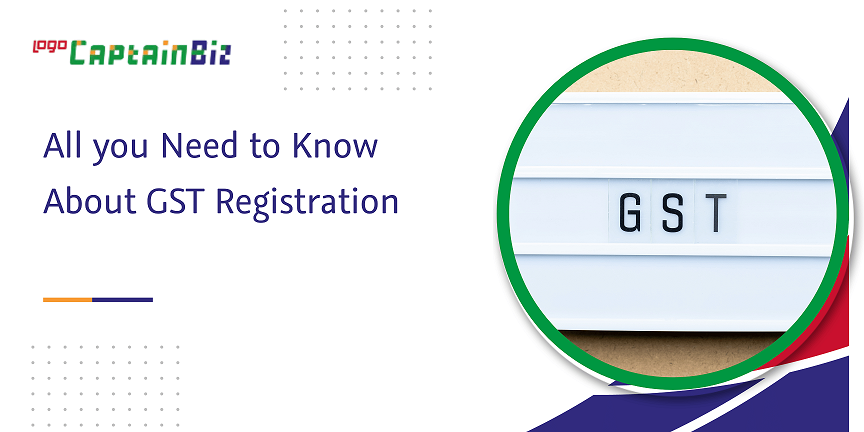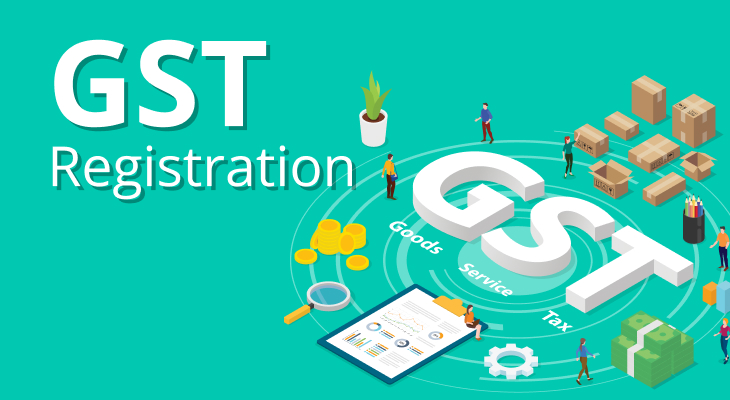Why Companies Favor the very best GST Registration Services in Singapore
Why Companies Favor the very best GST Registration Services in Singapore
Blog Article
From Beginning To End: The Ultimate Roadmap to GST Registration for Organizations Looking For Financial Stability
Navigating the complexities of Goods and Solutions Tax Obligation (GST) enrollment is a crucial step for organizations aiming for monetary security. From recognizing the fundamental concepts of GST to abiding by post-registration guidelines, the procedure can appear intimidating in the beginning look. Damaging down the roadmap right into workable steps can streamline the enrollment trip for companies looking to improve their monetary standing. Let's check out the vital elements that comprise this ultimate roadmap and discover just how each phase contributes to laying a strong foundation for financial success.
Recognizing GST Fundamentals
Digging right into the fundamental concepts of Goods and Provider Tax (GST) is vital for gaining a detailed understanding of its ramifications on businesses and the economic situation. Input Tax Obligation Credit Score (ITC) is a considerable feature of GST, enabling organizations to declare credit report for taxes paid on inputs, minimizing the overall tax worry. Understanding the basics of GST is vital for companies to comply with tax obligation laws, handle their finances effectively, and contribute to the country's economic development by taking part in a clear tax system.
Eligibility Standards for Enrollment
As of the current policies, the threshold limitation for GST enrollment is an annual accumulation turnover of 40 lakhs for businesses running within a state, other than for unique classification states where the limit is 20 lakhs. In addition, particular companies are called for to register for GST regardless of their turnover, such as interstate distributors, casual taxable persons, and services liable to pay tax under the reverse cost mechanism. It is essential for businesses to thoroughly examine their turn over and transaction types to establish their GST enrollment obligations precisely.
Documents Required for Registration
Having actually fulfilled the eligibility criteria for GST registration, organizations need to currently guarantee they have the requisite files in place to continue with the enrollment procedure successfully. The documents needed for GST enrollment generally consist of evidence of service constitution, such as partnership action, registration certificate, or consolidation certificate for different types of organizations. Furthermore, services need to provide papers developing the principal area of service, such as a rental contract or electrical power expense.
Step-by-Step Enrollment Refine
Beginning the GST registration procedure includes a collection of structured actions to guarantee a smooth and certified enrollment for businesses. The very first step is to go to the GST portal and fill in the enrollment form with exact information of the company entity. Following this, the applicant obtains a Short-lived Referral Number (TRN) which is used to resume the application process if it's not completed in top article one go.
Next, all required documents as per the checklist supplied by the GST portal need to be posted. These records generally consist of evidence of service address, enrollment and identity proofs of marketers, economic declarations, and company entity's PAN card.

Post-Registration Compliance Standards

Verdict
Finally, businesses seeking monetary stability should comprehend the basics of GST, fulfill qualification requirements, gather necessary documents, adhere to the step-by-step enrollment procedure, and follow post-registration standards - Best GST registration services in Singapore. By sticking to these steps, businesses can ensure conformity with tax regulations and maintain financial security in the long run
In addition, particular services are required to sign up for GST regardless of their turn over, such as interstate providers, casual taxable persons, and services responsible to pay tax under the reverse fee system.Having satisfied the eligibility requirements for GST enrollment, businesses have to now ensure they have the requisite documents in area to proceed with the registration process successfully. The papers needed for GST registration typically include evidence of company constitution, such as partnership action, registration certificate, or internet consolidation certification for different kinds of businesses. Additionally, services need to provide papers establishing the primary place of organization, such as a rental contract or power costs.Starting the GST enrollment procedure entails a series of organized steps to make certain a smooth and compliant enrollment for companies.
Report this page